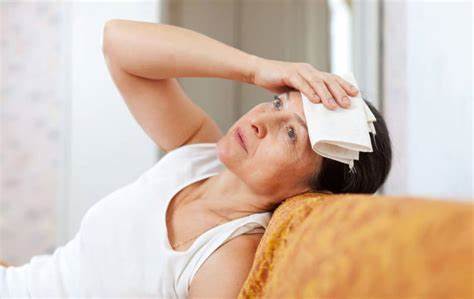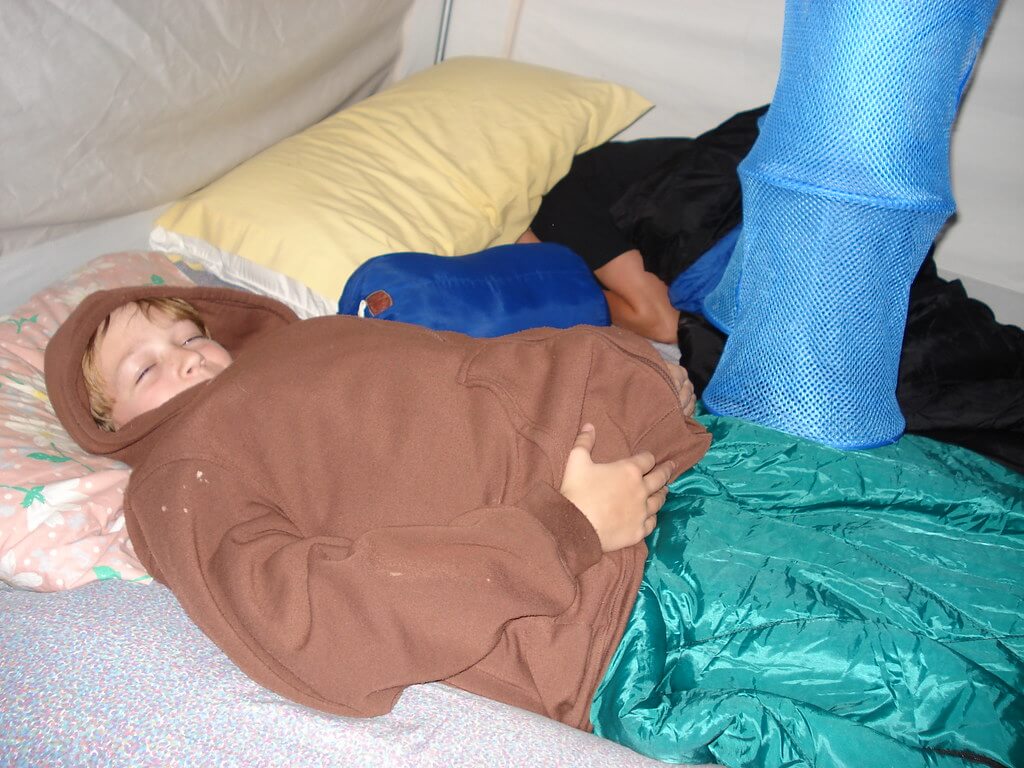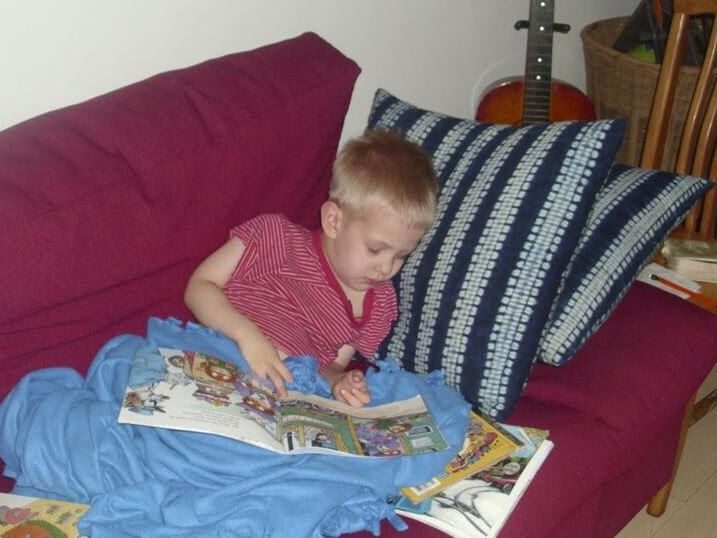Best Explaining: Why We Are Suddenly Feeling Cold and Shaking at Night?
Introduction
Have you ever found yourself jolted awake in the dead of night, wrapped in blankets yet overcome by an inexplicable chill, your body trembling despite the warmth of your cocoon? The unsettling experience of suddenly feeling cold and shaking at night is a universal phenomenon that, while common, often leaves us pondering its mysterious origins.
In this thorough investigation, we set out to solve the mysteries surrounding this nocturnal phenomenon with the goal of illuminating the physiological, environmental, and psychological elements that play a role in the mystery. Suddenly feeling cold and shaking at night, I wrapped myself in blankets, searching for warmth in the chilly darkness.
The mysterious experience of suddenly feeling cold and shaking at night prompts a search for explanations and potential remedies.
As we delve into the depths of this nocturnal mystery, the keyword that resonates is ‘suddenly feeling cold and shaking at night.’ This phrase encapsulates the essence of the phenomenon we aim to unravel—a sudden, often perplexing sensation that interrupts the tranquility of our sleep.
It prompts us to question the complex interplay of factors, both internal and external, that orchestrate our body’s response to the night and how these elements collectively contribute to the phenomenon of waking up with an unexpected shiver coursing through our bodies. Suddenly feeling cold and shaking at night, I pondered the source of the unsettling chill that seemed to defy the warmth of my surroundings.

Understanding the Basics
The Physiology of Body Temperature
Our body temperature is a delicate balance regulated by a complex interplay of physiological mechanisms. Typically, our temperature follows a circadian rhythm, with a natural drop in the evening to promote sleep. Factors such as metabolism, hormonal activity, and external environment all play a role in maintaining this delicate equilibrium. The sensation of suddenly feeling cold and shaking at night may be a sign of anxiety or stress.
Circadian Rhythms and Sleep
The circadian rhythm—the body’s internal clock—is responsible for coordinating many physiological processes, including temperature control. Abrupt coldness and shivering at night might be caused by disturbances in this cycle, which are frequently impacted by erratic sleep habits.

Exploring Common Causes
Environmental Factors
The temperature of your sleeping environment significantly influences your overall quality of sleep. Sudden drops in room temperature or inadequate bedding and clothing choices can lead to a feeling of coldness and trigger shivering during the night.
Stress and Anxiety
Our mental state profoundly affects our physical well-being. Stress and anxiety can elevate cortisol levels, disrupting the body’s normal temperature regulation and manifesting as sudden bouts of coldness and shaking.
Illnesses and Infections
Fever is a well-known cause of fluctuations in body temperature. Beyond the obvious infections, various health conditions can contribute to these symptoms, emphasizing the importance of considering overall health in addressing nighttime chills.
Hormonal Changes
For individuals experiencing hormonal shifts, such as those undergoing menopause, fluctuations in estrogen levels can lead to temperature dysregulation. Understanding these hormonal changes is crucial in managing and mitigating the associated symptoms.

Sleep Disorders
Restless Leg Syndrome (RLS)
RLS, which is typified by an overwhelming need to move the legs, can cause temperature swings during the night and interfere with sleep. Understanding and managing RLS is key to alleviating these symptoms.
Sleep Apnea
Breathing disruptions during sleep, a hallmark of sleep apnea, can trigger sudden awakenings accompanied by chills and shaking. Recognizing and addressing sleep apnea is vital for restoring restful sleep.
Remedies and Coping Strategies
Adjusting Sleep Environment
Optimal room temperature, suitable bedding, and comfortable sleepwear contribute significantly to a restful night’s sleep. Ensuring these elements align with your preferences can minimize the likelihood of sudden coldness and shake.
Stress Management Techniques
Deep breathing exercises and meditation are examples of relaxation techniques that you may incorporate into your evening routine to help reduce tension and anxiety and create a more comfortable sleeping environment.
Seeking Medical Advice
Persistent symptoms should not be ignored. To find and treat any underlying health conditions causing shivers and chills at night, it is imperative to speak with a healthcare provider.
Personal Experiences
Numerous individuals have shared their encounters with sudden coldness and shaking at night. While each experience is unique, common themes emerge, including the effectiveness of certain coping mechanisms and remedies. Some find solace in adjusting their sleep environment, while others emphasize the importance of stress management techniques and seeking medical advice when necessary.

Conclusion: Why Are We Suddenly Feeling Cold and Shaking at Night?
In conclusion, the enigma of suddenly feeling cold and shaking at night encompasses a multifaceted interplay of factors, from the intricate physiology of body temperature regulation to external influences like sleep environment and mental well-being. Acknowledging the significance of these elements provides a foundation for effective strategies to mitigate the unsettling sensations that disrupt our sleep.
A holistic approach involves considering not only the physiological aspects but also environmental, psychological, and lifestyle factors that collectively contribute to our well-being. Recognizing the interconnectedness of these facets empowers us to address the root causes rather than merely alleviating symptoms.
Implementing practical remedies and coping strategies, such as adjusting sleep environments, adopting stress management techniques, and seeking medical advice when necessary, serves as a proactive stance toward reclaiming restful nights. By incorporating these measures into our daily routines, we foster an environment conducive to optimal sleep quality and overall health.
The shared experiences of individuals grappling with suddenly feeling cold and shaking at night underscore the uniqueness of each journey. It is within this diversity that we find a rich tapestry of coping mechanisms that resonate with different individuals. This diversity also emphasizes the importance of personalized approaches, recognizing that what works for one may not be universally applicable.
In our pursuit of a good night’s sleep, let the keyword – holistic – be our guiding principle. Embrace a comprehensive understanding of the factors influencing our sleep and tailor our responses accordingly. Whether it’s creating a comfortable sleep environment, practicing stress-relief techniques, or seeking professional guidance for persistent issues, the holistic approach ensures a more nuanced and effective response to the challenges of suddenly feeling cold and shaking at night.
As we unravel the mystery of this nighttime phenomenon, we embark on a journey toward not just a better night’s sleep but a broader sense of well-being. By acknowledging the intricate dance of factors shaping our sleep experiences, we empower ourselves to make informed choices that resonate with our individual needs. So, as the night descends, let our understanding be our guiding star, leading us to nights of tranquility and rejuvenation amid the nuanced landscape of suddenly feeling cold and shaking at night.

